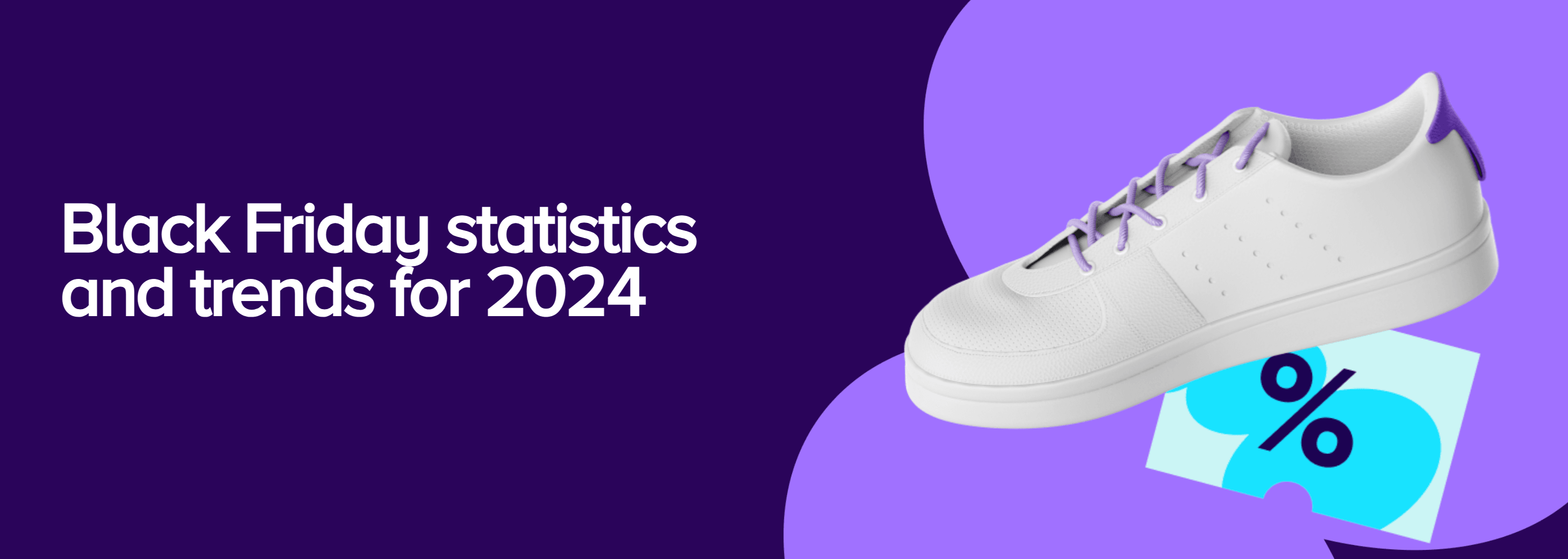/
SEO
/
0 min read
Search Engine Recap - Week 36 (2024)
Here's your weekly roundup of the most important news from the search engine world, keeping your SEO strategy ahead of the competition. Welcome to week 36.
This week, we saw the completion of Google's August core update, new developments in image indexing, and a fresh e-commerce study ahead of the holiday season. Here is an overview.
Google's 'August Core Update' Fully Rolled Out
First up, the ‘Google August 2024 Core Update’ is now fully rolled out after roughly three weeks.
This update has had a broad global impact, enhancing the overall quality of search results by prioritizing valuable, user-focused content over content optimized solely for search engines.

Companies that notice ranking fluctuations are encouraged to focus on long-term improvements by prioritizing content.
Google's advice remains the same: ensure that your content provides real value to users and is continuously created and optimized month after month.
Google Now Supports AVIF Images
Google now supports AVIF images across Search and Google Images on multiple platforms. AVIF is a next-gen image format offering significantly better compression than JPEG and PNG, reducing file sizes by up to 50%.
This helps improve load times and Core Web Vitals scores, specifically the Largest Contentful Paint (LCP).

Faster load times can also boost Google's crawling efficiency and improve SEO performance.
AVIF images are automatically indexed and require no special actions from website owners, making it a valuable addition to any optimization strategy.
Google Chrome Introduces AI for Browser History
Google's new Chrome AI History feature lets users search their browser history using natural language, making it easier to revisit previously visited sites.

This functionality goes beyond traditional URL and title searches by analyzing page content, including images, to highlight relevant results.
This AI-powered feature underscores the growing importance of user-centric content and keywords that align with users' memory, as opposed to simply optimizing for search engines. It also highlights AI's increasing role in web navigation and SEO overall.
John Mueller Shares Favicon Tips
Google's John Mueller offered a useful tip for favicons in search results, recommending that favicons look appealing when cropped into a circle.
While this advice isn't part of Google's official guidelines, it can help websites stand out more in search results.
Eye-catching favicons can improve brand recognition and potentially attract more clicks, even though they don’t directly impact rankings.
The suggestion encourages businesses to design favicons that are visually appealing in circular form for better presentation in search results.
New E-commerce Study Reveals Holiday Season Strategies
A recent WooCommerce study reveals key e-commerce strategies for the fall and winter holidays of 2024, particularly for Black Friday and Cyber Monday.
The study highlights that 76% of retailers rely on online sales as their primary revenue stream, with many reporting that up to 30% of their annual sales occur during the holiday season.

Top strategies include increasing inventory, boosting marketing efforts, running promotions, and optimizing websites.
The most effective channels here are organic search and email marketing. Early preparation is essential for success in this competitive period.
Why Some Blocked Pages Can Still Be Indexed
We close with John Mueller’s explanation of why blocked pages via robots.txt can still be indexed.
If a page is blocked from crawling, Google can't see the "noindex" tag, which can lead to indexing based on links.

He reassured site owners that such indexed pages don't affect normal search results and advised not to worry about those pages' performance, as they don’t reflect Google’s standard indexing.
However, using "noindex" without blocking via robots.txt is recommended for better control.
Takeaways and Recommendations
Week 36 saw the conclusion of Google’s major core update, with the main takeaway - once again- being a focus on content.
This was one of the larger updates, impacting a wide range of sites. Those who perform best are clearly the ones consistently delivering high-quality content tailored to their audience. This applies to everything from rankings to conversions.
Additionally, we saw new updates and optimization inputs. AVIF support, in particular, could benefit many. Understanding Google’s ongoing AI developments is also crucial.
As we approach the fall holidays, preparation is key. Studies show just how important these sales periods are for revenue, with online sales driven by search being one of the most important channels.
Now's the time to optimize early and be ready if you want to stay ahead of the competition.
Need help optimizing for the holidays - or with any of these updates? Get in touch with Bonzer. As an SEO agency specializing in helping ambitious businesses rank #1, we’re here to help.

CPO & Partner
Thomas is the CPO (Chief Product Officer) and Partner at Bonzer, which means his day-to-day focus lies in constantly analyzing Google's algorithm and developing SEO as a product. Thomas has worked with SEO for several years with a strong passion for sharing his knowledge on how businesses can best implement SEO into their operations. In addition to Bonzer, Thomas contributes his expertise to readers at publications like Search Engine Journal, DanDomain, and Detailfolk. He also teaches Digital Media Strategy at Copenhagen Business School and SEO at DMJX in Copenhagen. If you have any questions or requests regarding the SEO universe, feel free to contact him at [email protected].

Let us show you an SEO strategy that can take you to the next level
A brief meeting, where we review your position in the market and present the opportunities.
Let us show you an SEO strategy that can take you to the next level
A brief meeting, where we review your position in the market and present the opportunities.